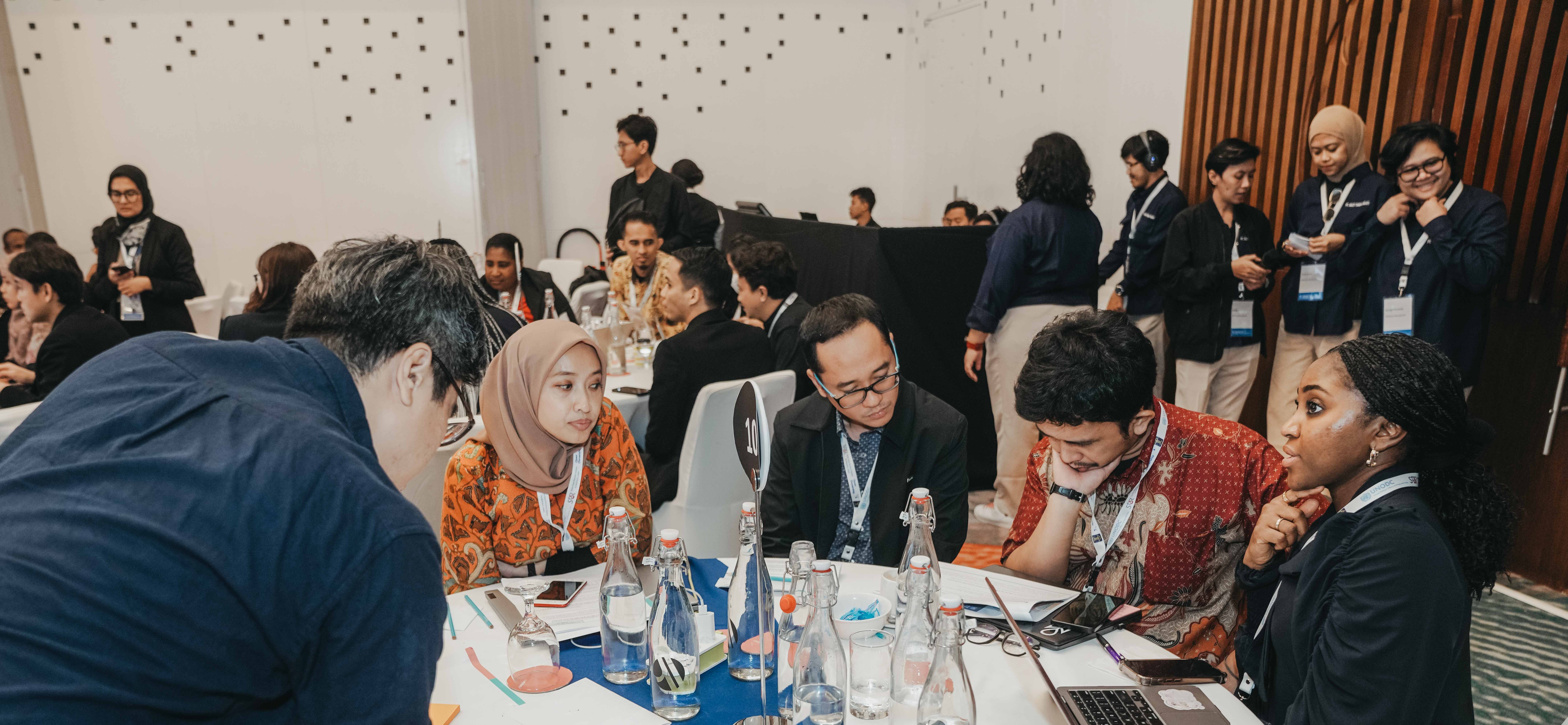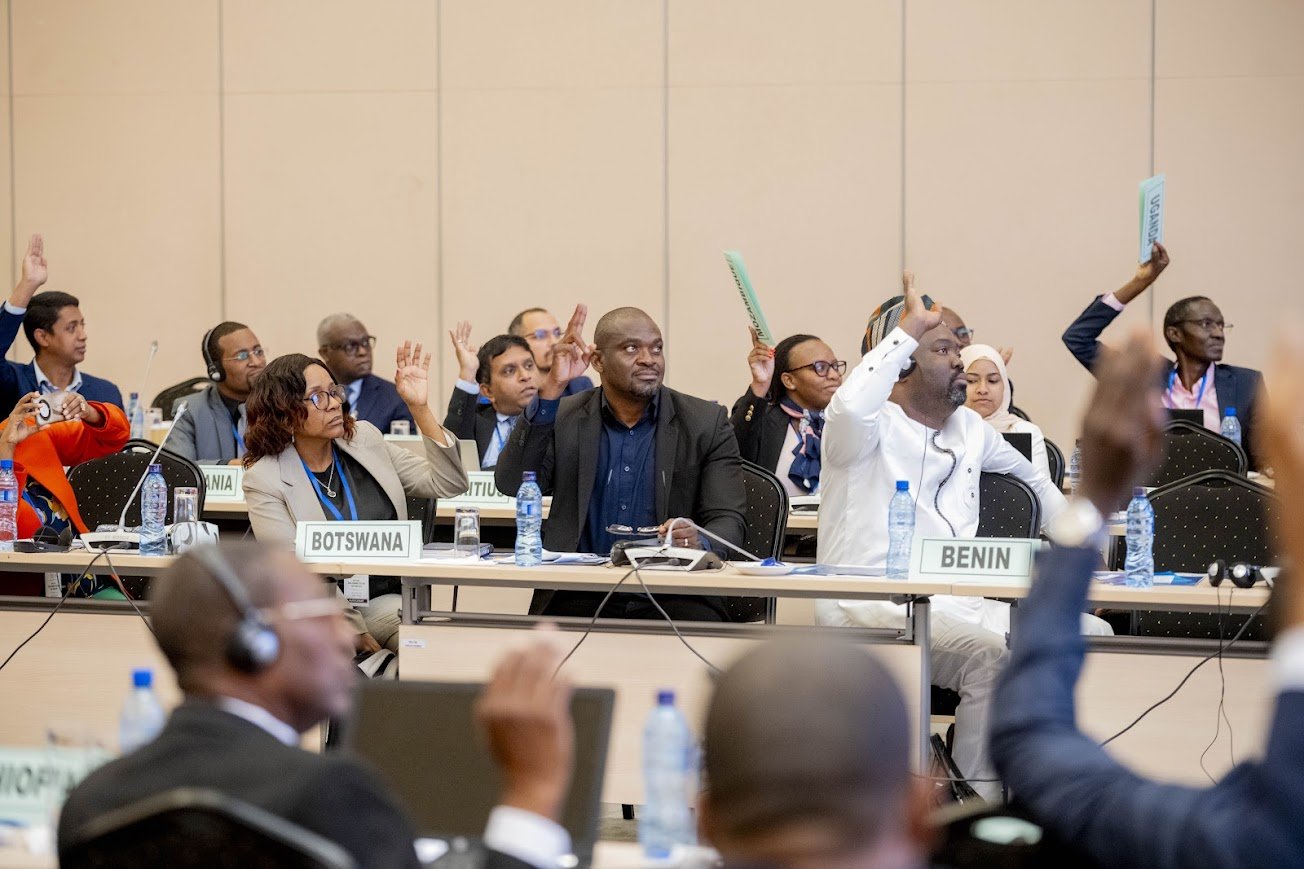From transparency to trust: Open Ownership strategy 2025 to 2030
The current situation
Global inequality is rising, and power is increasingly concentrated in and exercised through legal vehicles like companies and trusts. These structures – designed to serve legitimate commercial and social purposes – are state-sanctioned tools whose legitimacy depends on their alignment with legal and ethical standards. However, when the ownership and control of these vehicles is obscured, they are vulnerable to abuse. This misuse erodes the rule of law, undermines democratic governance, and hampers sustainable development.
The anonymity of individuals behind legal vehicles enables criminals, corrupt actors, and those who commit tax abuse, to hide their identities, the (illicit) financial flows (IFFs) they generate, and the assets they control. This plays a central role in facilitating tax abuse, procurement fraud, and money laundering, and creates threats to national and economic security. When proceeds from these activities move across borders, they become difficult to trace and recover – posing systemic risks to global financial integrity and economic stability.
The impact is severe: Africa alone loses an estimated USD 88.6 billion annually to IFFs – more than it receives in aid and investment – while fast-growing economies in Asia experience the highest levels of trade-based IFFs globally. [3] IFFs are recognised as a key blocker to sustainable development and economic empowerment. Their reduction is the objective of the UN’s Sustainable Development Goal 16.4. [4]

In 2024, OO partnered with UNODC to convene regional representatives for a regional peer exchange on advancing anti-corruption efforts in Southeast Asia through BOT.
IFFs and opacity of ownership significantly weaken public financial management. The misappropriation of public funds disrupts essential services and exacerbates inequality by disproportionately affecting vulnerable populations, and fuels the undermining of trust in government and the rule of law.
These challenges are magnified by difficult economic and social contexts across the globe. Inflation, debt-servicing burdens, and constrained aid budgets are placing significant strain on domestic resource mobilisation and public spending. Vital investments in climate mitigation and adaptation are placing further pressure on both national budgets and multilateral institutions. As a result, many governments are seeking ways to strengthen fiscal resilience and improve oversight of financial flows.
BOT has emerged as a critical reform for addressing these problems. Knowing who ultimately owns and controls legal vehicles is foundational to effective policy-making, enforcement, and accountability. Over the past decade, significant advances have been made, with many governments requiring legal vehicles (companies in particular) to disclose information on their beneficial owners to government agencies, which collect this information in central registers. These efforts have driven significant progress to tackle corruption and support investment and resource mobilisation, particularly in key sectors such as extractives.
However, BOT reforms are often narrowly implemented in response to international anti-money laundering standards, limiting their effectiveness at strengthening broader domestic policy objectives such as stronger public financial management or promoting economic integrity and development.
Even where political will exists to initiate and implement these reforms, BOT reforms require significant legal and institutional efforts, and government digital reform efforts tend to have high failure rates. Beneficial ownership data is frequently collected but not always accessible or usable by key government actors involved in public financial management, variously due to a narrow legal basis, insufficient consultation, limited capacity, or lack of institutional incentives or legal mandate to do so. Moreover, there remain significant legal and technical barriers to cross-border data sharing, limiting governments’ ability to address transnational risks, even where political will exists.
Finally, BOT reforms consisting predominantly of the implementation of central beneficial ownership registers for legal vehicles, as they are currently designed, often fall short of enabling users to access and make use of the level of detail that they need for purposes such as fighting corruption and tax abuse.
Despite these challenges, there is significant momentum for BOT reform. By 2025, over 160 countries have implemented or are committed to implementing central beneficial ownership registers. Moving forward, for BOT to deliver its full potential – reducing corruption, enhancing revenue mobilisation, and enabling better governance – it must now be mainstreamed into a robust, context-sensitive tool for systemic reform and public impact.

In 2025, OO delivered sessions on BOT at an African Union (AU) Specialised Technical Committee meeting on tax and IFFs, highlighting the critical role of beneficial ownership data in tackling IFFs and strengthening governance across Africa.
Endnotes
[3] United Nations Trade and Development (UNCTAD), 2020, https://unctad.org/system/files/official-document/aldcafrica2020_en.pdf; Global Financial Integrity, 2023, https://gfintegrity.org/report/trade-related-illicit-financial-flows-in-134-developing-countries-2009-2018.
[4] In full, Sustainable Development Goal 16.4 is: “By 2030, significantly reduce illicit financial and arms flows, strengthen the recovery and return of stolen assets and combat all forms of organized crime.” See: United Nations, Department of Economic and Social Affairs, “Goal 16: Promote peaceful and inclusive societies for sustainable development, provide access to justice for all and build effective, accountable and inclusive institutions at all levels – Targets and indicators”, n.d., https://sdgs.un.org/goals/goal16#targets_and_indicators.